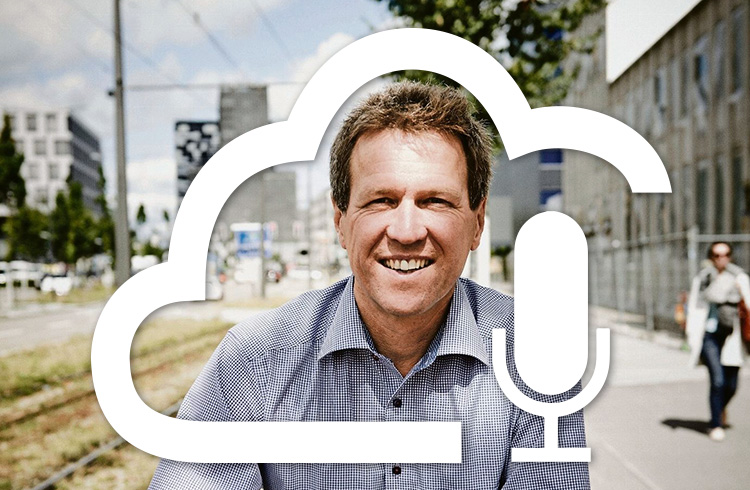At the 39th Triennial ICAO Assembly in Montreal, the International Civil Aviation Organization sold the CORSIA (Carbon Offsetting and Reduction Scheme for International Aviation) agreement as a historical global climate protection airline deal. The central point is so-called "climate-neutral growth", which was determined for all airlines. Upon closer examination, it becomes clear that only CO₂ emissions created after 2020 are to be offset. The industry intends to continue releasing the existing annual emissions of around one billion tonnes of CO₂ into the atmosphere at no cost.
This deal is an enormous missed opportunity. With consistent low prices for fossil fuels, it would have been the time to send a signal about taking responsibility for climate protection, and it could have happened without any negative effects on the balance sheets. Our scathing conclusion is based on the recently published IATA figures (Factsheet Fuel, June 2016). These figures clearly show that the airlines will save an estimated 100 billion US dollars in operating costs thanks to reduced kerosene prices. If one were to invest just over one tenth of this 100 billion-dollar unexpected profit in compensation for the CO₂ emissions created by aircraft, it would have extremely positive effects on the environment and on sustainable development.
myclimate demands the industry around the world take responsibility for the waste that they release into the atmosphere. In light of the huge savings on kerosene, now would be the right time for the industry to establish a fee that could be used to correct the damages.
Climate-neutral growth?
myclimate does indeed welcome the airline industry's offer of reduction measures, which are albeit due largely to technological progress and economic considerations. However, the climate-neutral growth starting in 2020 is also being praised as a major step. The average annual growth for the airlines is estimated at around four per cent. It is only this annual growth that is to be addressed with the efficiency measures and compensation in question. This will have no effect whatsoever on the climate pollution of up to 1000 Million tonnes per year", says René Estermann. The four per cent growth being discussed comprises around 40 million tonnes of CO₂ per year. At a current price for quality projects according to the Gold Standard of 10-20 dollars per tonne of proven reduction, this would mean an investment of 400-800 million dollars.
However, is it guaranteed that the industry will set any significant quality benchmarks? The compensation could also take place with certificates, which "could be acquired" for a price of approximately one dollar per tonne. While it is posed as being magnanimous and responsible, according to this scenario the offer they are making to the world would account for 40-50 million dollars per year, with current annual savings of 100 billion dollars. This would be not even a drop in the bucket compared to the savings.
From the viewpoint of airline passengers, this might be seen as positive if part of the savings are passed on as lower prices. In light of economic considerations, it might sound good that profits will increase significantly. However, from the perspective of climate policy on a global level, and so for all of us, it is by far not enough. myclimate demands mandatory climate-neutral flights: Mandatory, full compensation of all greenhouse gas emissions for all emission sources, whether on the ground, in the air, or on the water; whether for mobility, energy production or the heating/cooling of buildings. This is based on the proven and fair "polluter pays" principle.
Switzerland has been successfully realising this principle for decades with solid waste and wastewater. After initial opposition, it has since become simply a matter of course. "The 'polluter pays' principle has made a significant contribution to keeping Switzerland 'clean'. Clean lakes, rivers and forests would not be conceivable without a mandatory 'polluter pays' principle, and we need that principle for climate protection, too!
